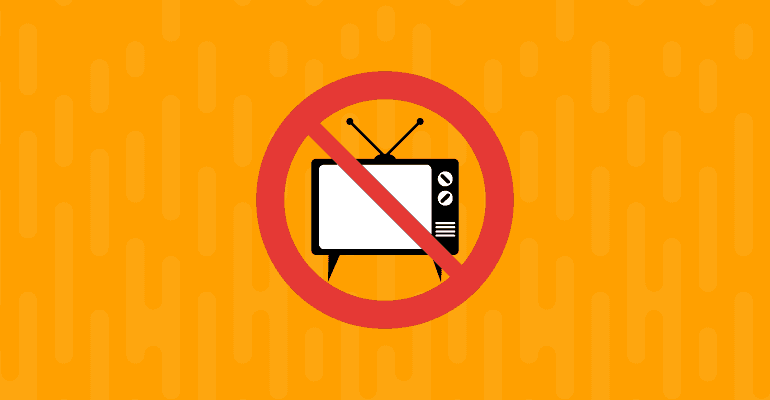On 3rd November, 2016, the government’s announcement that NDTV would be banned for a day hit the airwaves. And along with this news came a barrage of everything from mild criticism to vitriolic comments, pointed and shot straight at the I&B ministry. It was decided by the authorities, in turn, that not even a Twitter hashtag must be spared. #BringBackNDTV came under attack for garnering Pakistani support, with one media outlet going so far as to call the ban a ‘blow to Pakistan’ by Modi. Amidst this litany of comments came another stroke of genius. Minister Venkaiah Naidu himself came out to publicly condemn all “belated criticisms” against the ban (that is, the ones not made on the exact date of 3rd November, 2016) as being “politically inspired”.
Political farces always make a moot point. But let us have the sense and courage to acknowledge that while this may be a farce, Pathankot was not. That would be a crucial starting point. If it had to come to a ban anyhow, then why the ministry would delay its decision would be another beginning. And it is a beginning which only leads further into the maze. Leaving aside the question of whether NDTV is being ‘singled out’ amongst all the other channels to be made into an example, the ban also brings up a lot of questions left unanswered.
What you and me are relying upon in this debate are clearly a set of perspectives. They are the Achilles heel of this debate, the flip side of asserting that we are living under a surveillance state. By sheer assumption, then, NDTV may or may not be an anti-nationalistic channel just as the prime minister may or may not be a Hindu fundamentalist. Each perspective is guided by a set of assumptions. But what if the debate were above all these questions?
Even before the ban came up, NDTV had had its own set of supporters and non-supporters. The great debate will serve to increase its TRP manifolds this week. Also, the news of the ban has been showcased, firstly, by other media outlets. It was they who projected it as an impediment to freedom of speech. It was later that the decision to call it a violation of free speech became ‘ours’. It is only now that something akin to a threat is being perceived by the masses. And this is exactly the problem with authority identifying our problems for us.
So really, some would say that the most valid starting point lies in the most highly ignored questions. These are being ignored not only by the opposition, but also by the media. Why did no one raise a hue and cry when the actual reporting of the Pathankot incident was aired, and did NDTV, in fact, hurt the nation any worse than other news channels reporting the incident? There are channels which could be accused of being communal and therefore anti-nationalistic. Why are they not being accused at this very moment? There, too, political parties have divided the masses. In other words, they have decided upon a definition of “nationalism” for us and made this decision without consulting us.
The larger politics of what unknown agenda propels which news channel to do a “specific” type of reporting is the larger issue here, one in which NDTV finds itself today. And the last word in this regard does not come from the us, the real masses. The questions posed by the media against the authorities are made by the media too. We think that the restrictions of an “authoritarian” regime are truly the worst, not realizing that we have allowed our questions to go unanswered while someone else makes up “questions” for us. And in all reality, what could be worse than that.
Feature Image: Your Story
Deepannita Misra




Comments are closed.